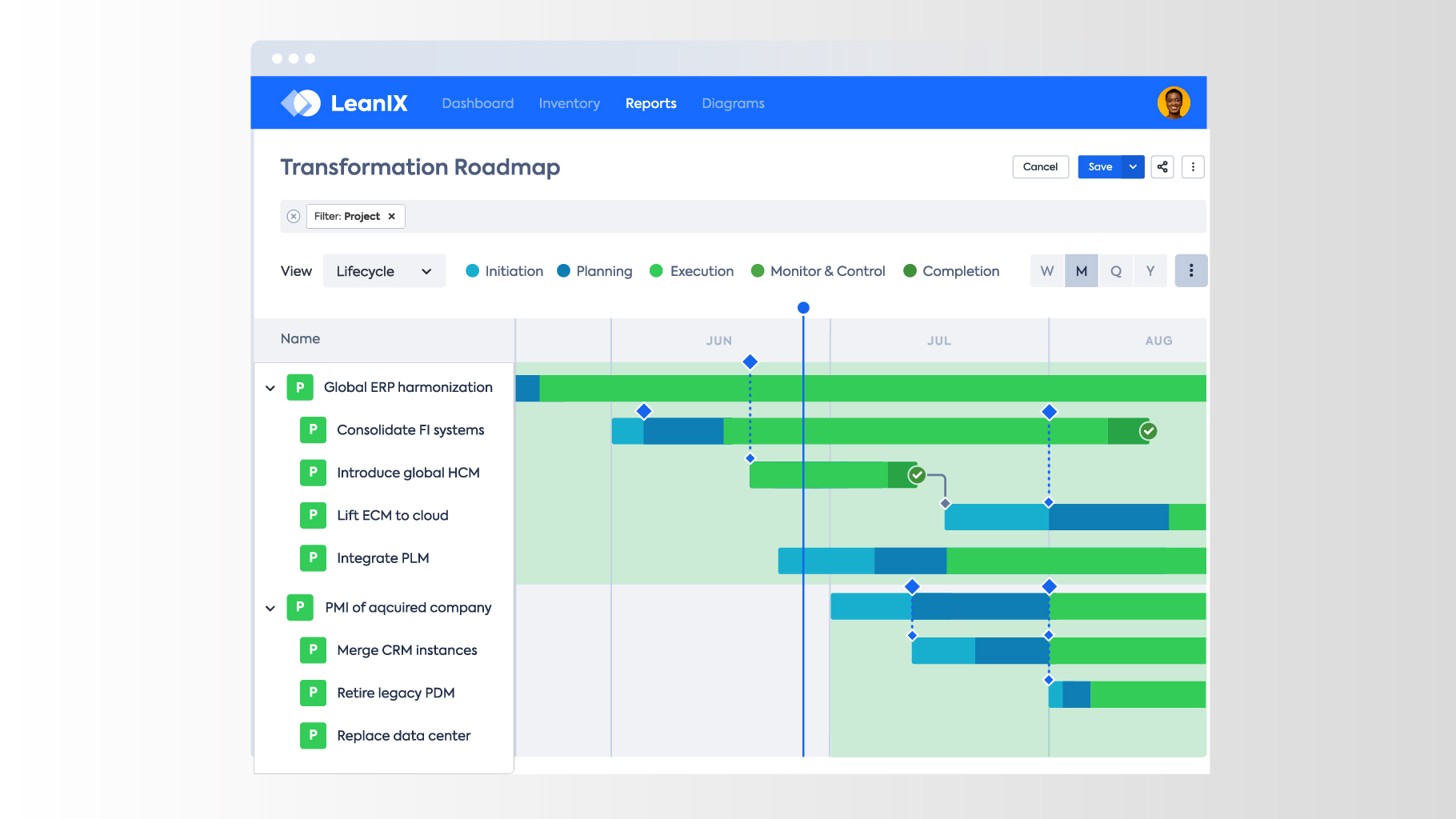By Umesha Lakshani, Client Group Controller at CFO Plans Inc.
A startup is a chaotic place. It has to be! The team is learning, trying, sweating, pushing, wearing multiple hats and trying to stay afloat. It is no crime that setting up a payroll properly is the last thing in the founders’ mind.
Recently, I had the pleasure of cleaning up a newly signed start-up at CFO Plans. While going through the first few months of transactions, we noticed that some of the founding employees, including the CEO, have been paid with simple bank transfers. Keep in mind, they were mostly shareholders of the company and some were ‘officers’. Paying them as “contractors” should not have been an option (well, generally speaking).
Then came the ‘year-end’ which was the time we took over. Suddenly, the recipients of such payments were trying to file their personal tax returns and looking for their W-2s. Now we had one more item in the chaos and “easy” was no more. Those low priority tasks at the beginning were eating up CEOs time later at this stage.
Now that payments had been done already last year, there was no option of issuing W-2s based on the intended gross payments. The payments that were made had to be considered the “net payment” and payroll had to be “grossed up”. What does that mean? Well, a little bit of 5th grade math. We had to come up with a figure that would have created a net payment equal to the amount paid, after all the deductions, in the form of federal and state payroll related taxes. Remember, there was employer payroll tax too. So in this case, the employer had to bear both the employer and employee amounts to start with that gross and end up with the net.
With any modern payroll system, the calculation and running a grossed-up payroll is not that complicated. The inherent problems lie in the form of:
- If the W-2 deadline has passed, what are the possible penalties?
- Can the payroll provider do a special W-2 run?
- Does the company have enough liquidity to bear a sudden payroll tax payment? (This can be hefty, based on the net amounts total paid)
- Investor’s perception of the situation (As in, is management capable of running its business processes?)
This situation, while fairly common, can be easily avoided by having a quality operational accounting team who can keep streamlined processes from the get-go. It saves money and time and more importantly, adds credibility to the founders as serious entrepreneurs.






